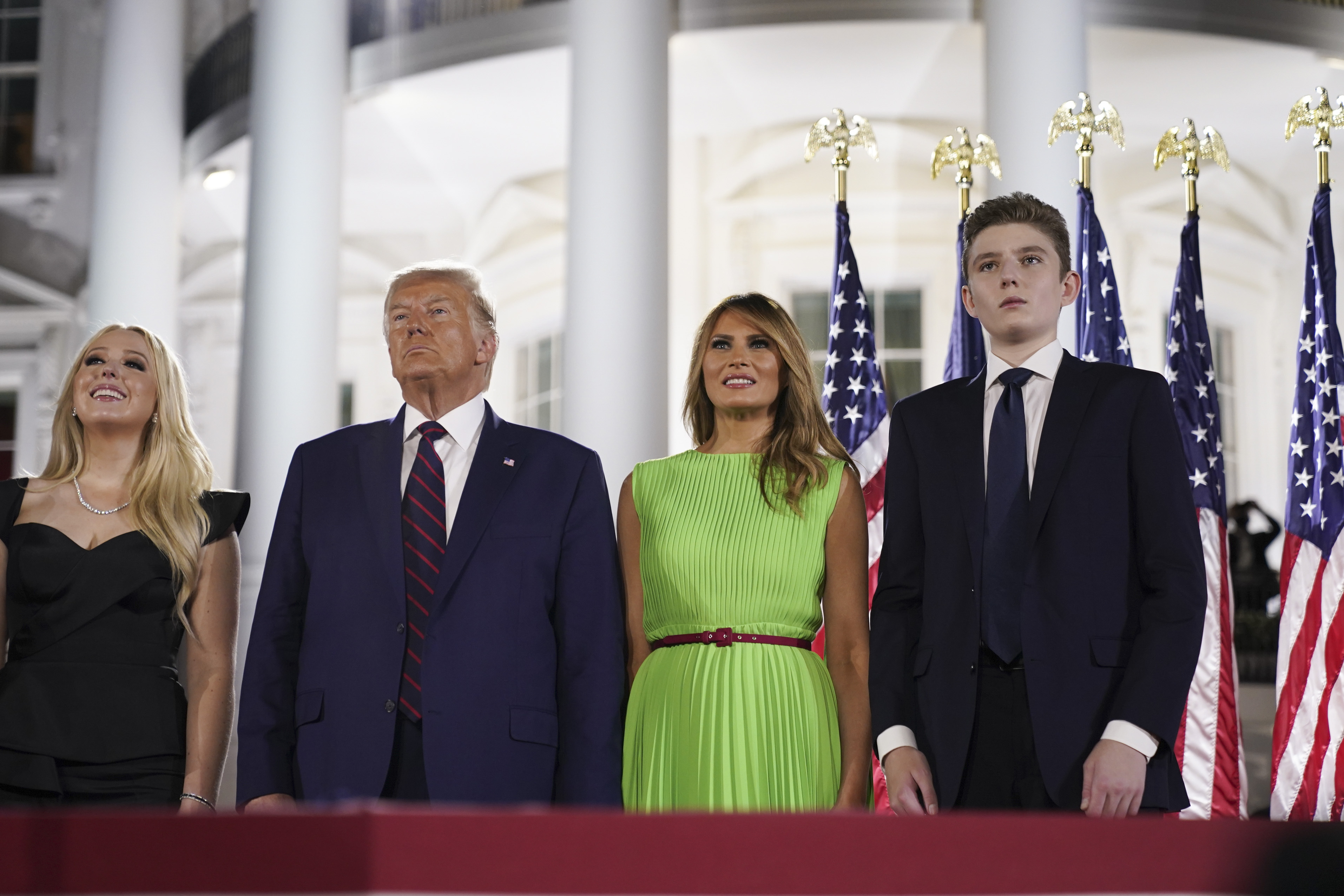Facing mounting rank-and-file defiance, Republican leaders and the White House redoubled their efforts Tuesday to muscle legislation overhauling America's health care system through Congress following a sobering report about millions being shoved off insurance coverage.
President Donald Trump, whose strong Election Day showing in GOP regions makes him the party's ultimate Capitol Hill vote wrangler, discussed the legislation by phone with the House's two top Republicans. He also dispatched Vice President Mike Pence and health secretary Tom Price to hear GOP senators' concerns.
With leaders hoping to move the measure through the House next week so the Senate can debate it, House Speaker Paul Ryan and Senate Majority Leader Mitch McConnell acknowledged they were open to changes. Trump's spokesman affirmed a willingness to accept revisions to win support.
"This has never been a take it or leave it," said Press Secretary Sean Spicer.
The GOP bill is the party's response to seven years of promising to repeal President Barack Obama's 2010 health care overhaul. It would undo that law's individual mandate, which requires most people to have coverage, by ending the tax penalty on those who don't.
It would also provide age-based tax credits instead of the subsidies geared to income in Obama's statute, end that law's expansion of Medicaid and curb its future spending, and let insurers boost rates for seniors.
On Monday, the Congressional Budget Office said the Republican legislation would reduce the ranks of the insured by 24 million in a decade, largely by cutting Medicaid recipients and people buying individual policies. That would be more than the 20 million who've gained coverage under Obama's overhaul — and attach a big number to a problem haunting GOP governors and members of Congress whose states have benefited from "Obamacare."
U.S. & World
The day's top national and international news.
"I plan to vote NO" on the GOP bill, tweeted Rep. Ileana Ros-Lehtinen, R-Fla., among a mounting number of Republicans who expressed opposition following the report's release. "As written the plan leaves too many from my #SoFla district uninsured."
The budget office report also said the measure would reduce federal deficits by $337 billion over the next decade, largely by cutting Medicaid, the health insurance program for the poor, and eliminating Obama's subsidies for low- and middle-income people. The report said that the bill's changes would result in federal subsidies that would fall to half their current size in a decade and that older, lower-earning people would be hit especially hard.
Those findings further energized Democrats, who already were unanimously opposing the GOP repeal effort.
"Of course you can have savings if you cut off millions of people from access to health care," said House Minority Leader Nancy Pelosi of California.
Pence and Price discussed the legislation over lunch with GOP senators at the Capitol. Participants said senators suggested targeting the bill's new tax credits more at lower-earning people, improving benefits for seniors and protecting the expansion of Medicaid, the federal-state program that helps lower-income people afford care.
McConnell, R-Ky., acknowledged the bill could be reshaped, saying, "It will be open to amendment in the Senate."
Ryan, R-Wis., added on the Fox News Channel, "Of course we want to listen to our members and make improvements to the bill, so long as those improvements don't make the bill harder to pass."
Criticism cascaded from both ends of the GOP political continuum, suggesting leaders face a festering problem.
Freshman Rep. John Faso, R-N.Y., from a closely divided Catskill Mountains district, said he was concerned the bill would hurt hospitals and was undecided about supporting it. He's a member of the House Budget Committee, which is expected to sign off on the bill Thursday in what Rep. Tom Cole, R-Okla., said could be "a bumpier ride" than last week's approval by two other panels.
Citing the bill's projected increase in uninsured people, Rep. Leonard Lance, R-N.J., from another close district, said he opposed the bill. Rep. Mark Amodei, R-Nev., said he was leaning no because of people losing coverage, saying of CBO's projections, "If the numbers are in the ballpark, it sounds like we've gone back to where we started after seven years."
Conservatives continued complaining the Republican measure doesn't fully repeal Obama's law, as they and Trump promised in last fall's election campaigns. Their demands include voiding the law's requirement that policies cover 10 specified benefits like mental health services, which they say drives up consumers' costs.
"Ultimately it will be President Trump that saves this deal," said Rep. Mark Meadows, R-N.C., head of the hard-line conservative House Freedom Caucus.
No. 3 Senate leader John Thune, R-S.D., said he will propose devoting more of the GOP tax credit to lower-earning people. It would currently begin phasing out for people earning $75,000 annually.
"It'd be nice to add it to the House bill, but if necessary it'd be in the Senate," Thune said.



